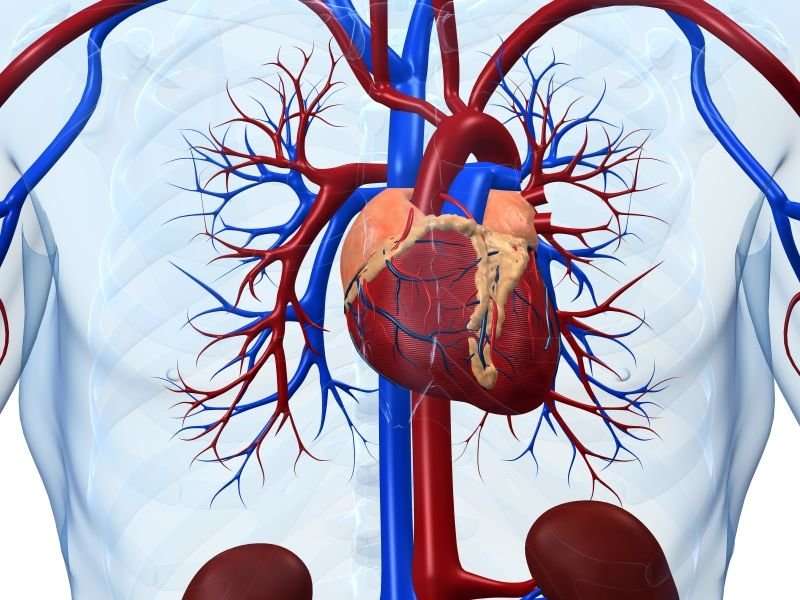(HealthDay)—Serum albumin, as a marker of frailty, can significantly improve the ability of the Society of Thoracic Surgeons (STS) and European System for Cardiac Operative Risk Evaluation (EuroSCORE-2) scores to predict transcatheter aortic valve replacement (TAVR)-related mortality, according to a study published online Sept. 23 in the Journal of the American Geriatrics Society.
Yoni Grossman, M.D., from Chaim Sheba Medical Center in Israel, and colleagues retrospectively compared survival rates according to median baseline albumin levels (4 g/dL), STS score (4.5 percent), and EuroSCORE-2 (3.45 percent) in order to evaluate the additive value of serum albumin to STS and EuroSCORE-2 scores to predict mortality in individuals undergoing TAVR.
The researchers found that participants with low albumin levels had higher mortality (hazard ratio [HR], 3.03). Higher mortality was seen in participants with low serum albumin and a high STS (HR, 4.55) or EuroSCORE-2 (HR, 2.72) score. Including albumin plus STS in a model correctly reclassified 42 percent of events (net reclassification index [NRI], 0.58), while a model that included albumin in addition to EuroSCORE-2 correctly reclassified 44 percent of events (NRI, 0.64).
"Serum albumin, as a marker of frailty, can significantly improve the ability of STS and Euro-SCORE-2 scores to predict TAVR-related mortality," conclude the authors.
One author disclosed financial ties to the medical device industry.
More information:
Abstract
Full Text (subscription or payment may be required)
Journal information: Journal of the American Geriatrics Society
Copyright © 2017 HealthDay. All rights reserved.























